How to succeed in music? Get a double-barrelled name
mainThere was a time when young talent, interviewed by a manager, would be told to get a name that is simple, memorable and no longer than three syllables.
That advice no longer applies.
Consider:
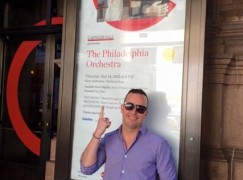
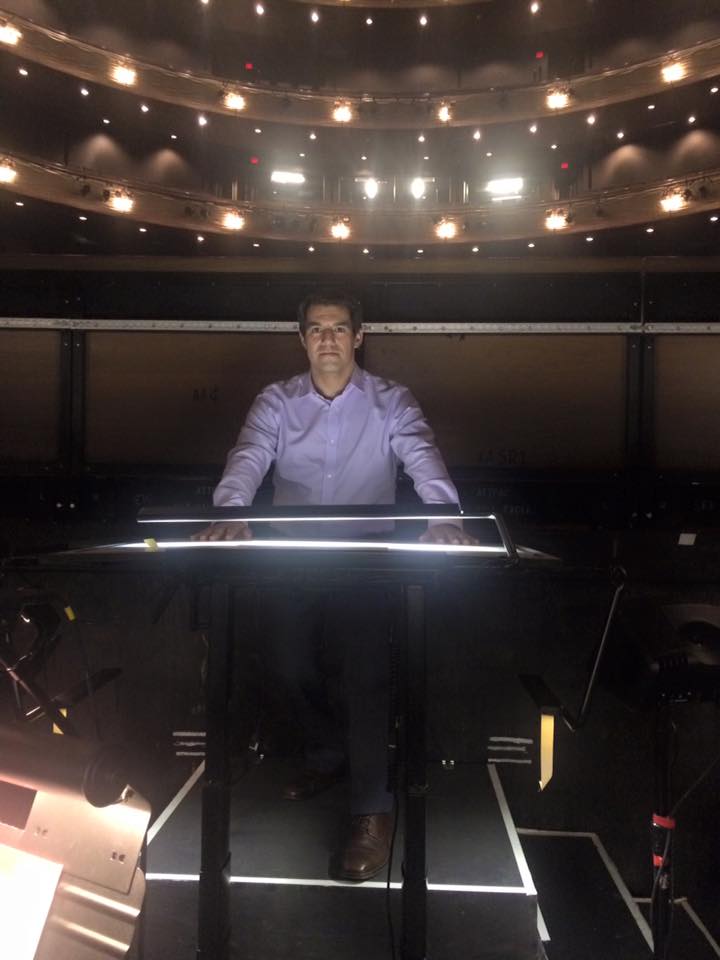
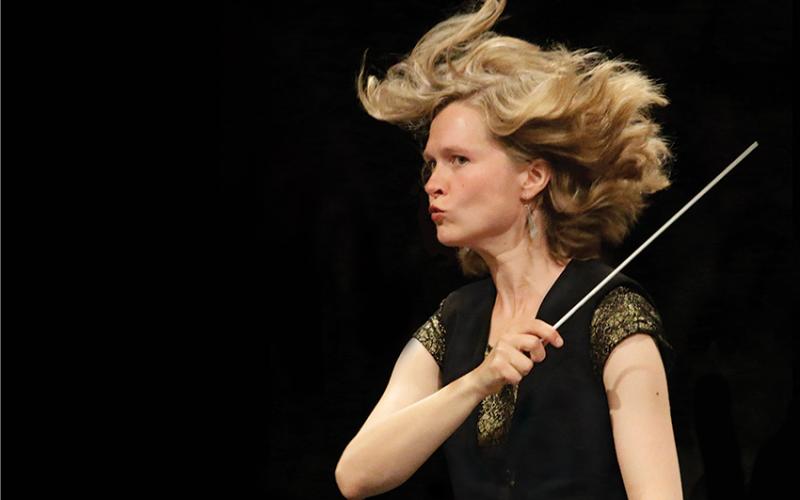
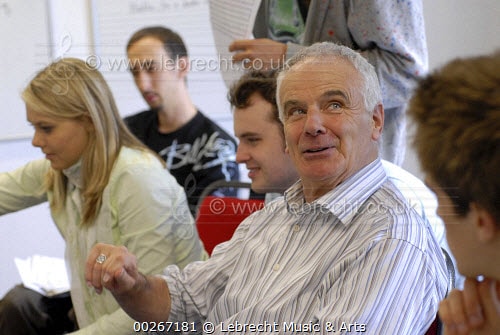
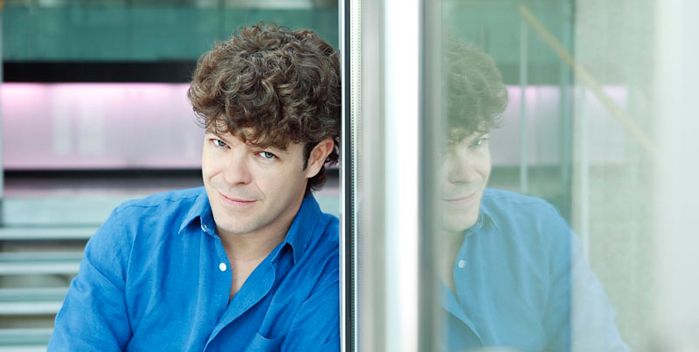

To get ahead in music, you’re probably better off nowadays with a second barrel.


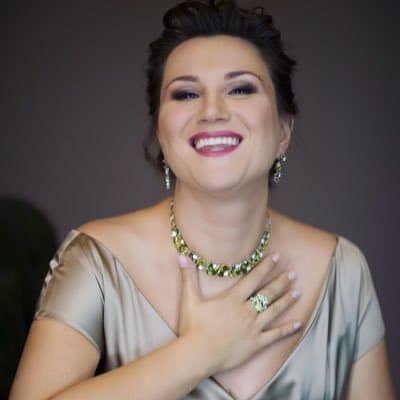


It didn’t do Joyce Hatto’s husband a whole lot of good though, did it?
the only thing struck my mind when I read the last words of the topic – “…. empty barrels make the most sound…” regardless to the pictures above, of course 😉
P.S. La Divina had many manes but she took only short family name to be put on her playbills …
In the early 1980s, Adele Marcus suggested I change my name from Jeffrey Biegel to Jeramy Bieghel. I did not do it. Has name changing truly sustained any careers over time? Perhaps for some.Thoughts?
There have always been successful classical musicians with all kinds of names. Long, short, difficult, catchy: John Williams, Mstislav Rostropovitch, Dietrich Fischer-Dieskau, Dimitri Mitropoulos, Yo Yo Ma. It is easy to find cases to confirm or contradict any argument.
On the other hand, Greek basses Nicola Moscona and Nicola Zaccaria (real names Nikos Moschonas and Nicos Zahariou) might have had less respectable careers in Italian opera under their real names. And there was that long serving conductor who headed a great orchestra in Pennsylvania for decades, born Jenő Blau…
For performers, tongue-wrenching names are an advantage since it requires more attention to really read what’s in front of your eyes, it takes more time than a simple short name (‘…. the famous violinist Jack Smith….’) and that means, that the long-term memory system in the brain gets stimulated and the name is saved for immediate recognition with an accompanying feeling of pleasure on seeing it appearing again on a poster.
For composers, it is a very different matter. The first thing a budding composer has to do, is striving after acquiring a B in his family name: Bach, Bozart, Beethoven, Brahms, Boulez, Babbit, Bacri, Britten, Baird, Barber, Berg, Bartok, Beamish, Bernstein, Bizet, Bloch, Bocdanovich, Borodin, Borstlap, Bouzignac, Bahler, Boyce, Braunfels, von Brucken Fock, Bavel, Bruckner, Buxtehude, Byrd. These are the inspired goodies. To B, to B or not to B that is the question.
In the early 80s another pianist whose name differs by just one letter was already established, and I’ll confess the first time I saw yours I wondered whether it was his misspelled. As I was a radio producer at the time, this could have significant career implications, so she may have had a point!
Generally considered it helped Nellie Melba and June Bronhill, to name two Australian singers who were advised to change their names.
Well, did Moishe Ticker have a better career after changing his name to Richard Tucker?
Me too ~~
I see Norman found another excuse to post a picture of Mirga ! It’s good to have a crush.
🙂
Comes too late for Johann Gambolputty de von Ausfern-schplenden etc.
Mr & Mrs Big-Fat-Cat! 🙂
It is all Rimsky-Korsakov’s fault.
And of Ippolitov-Ivanov
And of Mario Castelnuovo-Tedesco, and of Camille Saint-Saëns. Also, of Tekla Bądarzewska-Baranowska (1829/1834 – 1861).
Well, I-I was a little later and much less famous, B-B is virtually unknown and her name includes “married” part so it doesn’t really count (one cannot take seriously anyone whose birth was spread over five years), C-T was much later; S-S almost qualifies except that it is sacrilegious to blame anyone who is a “saint” for anything. So, among the really famous hyphenated musicians, Rimsky-Korsakov remains the first sinner and therefore deserves most of the blame (if not credit) for this presumed trend – that is until and unless someone comes up with an even more deserving scapegoat.
“… Among the really famous hyphenated musicians, Rimsky-Korsakov remains the first sinner”? And “it is all Rimsky-Korsakov’s fault”?
What about Felix Mendelssohn-Bartholdy? The family took that surname more than 30 years before Rimsky-Korsakov was born, when Felix was still an infant, and Felix even passed it on to his children (even though apparently neither he nor sister Fanny liked the addition of “Bartholdy” to “Mendelssohn”).
You are right, “donald wright”. Thanks to you, R-K is now completely, albeit posthumously, exonerated. It was easy for me to forget about Mendelssohn Bartholdy because musical literature in English language very rarely uses the second part of his last name. The verdict is in: it was all Felix’s parents’ fault!
You do understand the reason for the change, right? Ultimately it did not work.
That’s nothing. The upper class is chock-full of triple- and quadruple-barrelled names.
Go the whole hog, try these for size:
Anstruther-Gough-Calthorpe
Twisleton-Wykeham-Fiennes
Krag-Juel-Vind-Frijs
Plunkett-Ernle-Erle-Drax
And for a double, “Leutheusser-Schnarrenberger” is hard to beat.
HIlarious…!
HIgh society’s parties where people introdruce to each other are, of course, tests about whether people belong to the tribe or not – correct and swift pronunciation shows you are a member, tongue accidents will result in quick ejection.
Janet Baker…. please!
If you can work in some accents and perhaps an umlaut, even better!
C’est le nom qui fait la musique…
That is true. Saint-Saëns, who hated Debussy and his music, spread the story that people only liked his music because of the euphonious name of the composer, and claimed that if he (D) had been called Martin, nobody would play his music.
Actually, Frank Martin, the Swiss composer, never found any hindrance of his name and was performed widely.
It should not be forgotten that the name ‘Bach’ is, in German, extremely mediocre and trivial. In England he would have been called John Brook and that would not inspire much confidence. Possibly the lack of wider appreciation of his music in his own time may be due to the common character of his name, something never addressed by biographers.
And then there’s Midori Goto, who dropped her last name.
But she dropped it by accident, and it was found by a little girl in Toyuta who happened to lack a second name, so everybody was happy.
Bach was Johann Sebastian.
There seem to have been a number of double barreled singers-
John Shirley-Quirk
John Carol-Case to name a few.
I am sick of people trying to look important by using their middle name. If your name doesn’t carry any weight, either you’re no good, or your name is, so change it. I should talk.